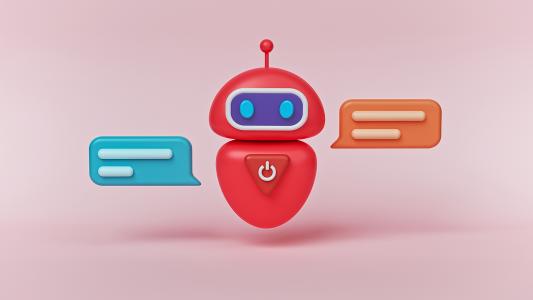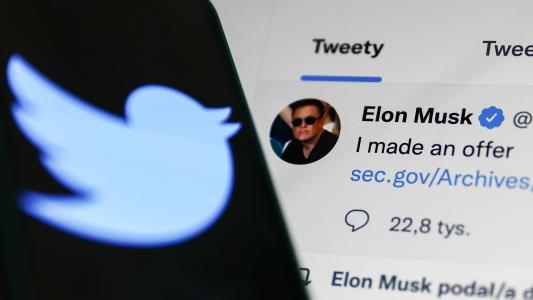Misinformation
Today, people fear Twitter. In the 1850s, they feared telegrams
Telegrams elicited the exact same concerns, including the spread of misinformation, “addiction” among youth, censorship, and impersonation.
An interview with ChatGPT about itself
Freethink interviews OpenAI’s ChatGPT, an AI chatbot capable of generating conversational text, code, and more in response to prompts.
What will happen if Elon Musk does buy Twitter? (Updated)
Billionaire Elon Musk is trying to buy Twitter, and if successful, he plans to make several major changes to the social media giant.
People trust AI fake faces more than real ones, research suggests
Fake faces created by artificial intelligence (AI) are considered more trustworthy than images of real people, a study finds.
How Ukraine has defended itself against cyberattacks – lessons for the US
Russian hackers stepped up their efforts against Ukraine in the run-up to the 2022 invasion, but with notably different results.
Can we stop “deepfake geography”?
To highlight the problem of “deepfake geography,” University of Washington researchers built AIs to create and detect the fake satellite images.
IBM’s AI debater could help you make better decisions
IBM’s Project Debater is trained to quickly craft well-researched arguments — and the AI debater could one day improve your decision making.
Series|
Coded
Combating conspiracy in the disinformation age
What can we do about troll farms, deepfakes, and phoney headlines in the disinformation age?
Genetic evidence debunks coronavirus conspiracy theories, scientists say
A team of researchers analyzed the COVID-19 coronavirus. Their findings debunk the conspiracy theory that the virus was lab-made.
Misinformation is as contagious as coronavirus
Fighting misinformation is now a crucial aspect of responding to disease, and health information expert Adrienne Holz Ivory explains why.









